Whānau Ora
Pakeke Immunisations
Not only will you be protecting yourself against a disease, you’ll also be protecting your whānau, including your tamariki and kaumātua. Over a million people around the world die every year from diseases that can be prevented by immunisation. Most of these diseases have become rare in New Zealand thanks to immunisation programmes. Some diseases, such as whooping cough and pneumococcal disease are still common. Many of the diseases that are now rare in New Zealand still exist in other countries and are brought into the country by travellers from time to time, for example, measles. Some diseases will always be present, such as tetanus, which is caused by bacteria that live in the soil. Immunisation is your choice – please korero with us if you have any pātai.
It’s important that everyone including pakeke are immunised on time, every time for the best possible protection against many serious illnesses. If you think you may not have had all the immunisations or if you’re not sure, korero with us. We can tell you which immunisations you and your whānau should have.
Influenza
Every year the Ministry of Health supports the running of an Influenza (Flu) Immunisation Programme.
The programme is designed to protect those at greatest risk of serious illness from influenza: people over 65, or 55 and over for Māori and Pasifika people with chronic conditions like heart disease, cancer, diabetes, serious asthma, pregnant women and young children with a history of serious respiratory illnesses.
For people in one of the groups above, the flu vaccine is free of charge.
Covid-19
KOWHEORI-19 is still here. Māori have responded with aroha and kaha to keep our whānau safe, kia haumaru te whānau.
Te whakaako i te pūnaha awhikiri, Training our immune system
We need to keep our immune system trained up to recognise and fight the virus. The KOWHEORI-19 vax is still our best defence. The protection is even stronger with a booster dose.
Boosters
What is a booster?
Boosters are a key part of our protection against COVID-19. They give us an additional dose of the COVID-19 vaccine to boost our immunity against the virus. This helps maintain our protection, which drops over time.
When can I get one?
You have to get your primary COVID-19 vaccinations first. Then you will have to wait three months. If you are 16 or 17, you will have to wait six months.
To ensure you are as protected as possible against any new outbreaks of COVID-19 or variants, try to get your booster as soon as you are eligible.
How long do I have to wait after I’ve had COVID-19?
If you’ve had COVID-19, you need to wait three months after you tested positive before you can get your booster.
Can I get a second booster?
Any Māori aged 50 and over can get a second booster. Many of our pakeke and kaumātua don’t know this or aren’t sure about getting it, so kōrero with them about what is holding them back.
Other people who can get a second booster include any whānau aged 16 and over who:
- Are severely immunocompromised.
- Have complex needs and live in a disability or aged care facility.
- Have a medical condition that increases their risk to COVID-19, like diabetes or heart disease.
- Work as hauora, aged care or disability kaimahi and are over 30.
Pacific whānau aged 50 and over and all New Zealanders aged 65 and over can also get a second booster.

